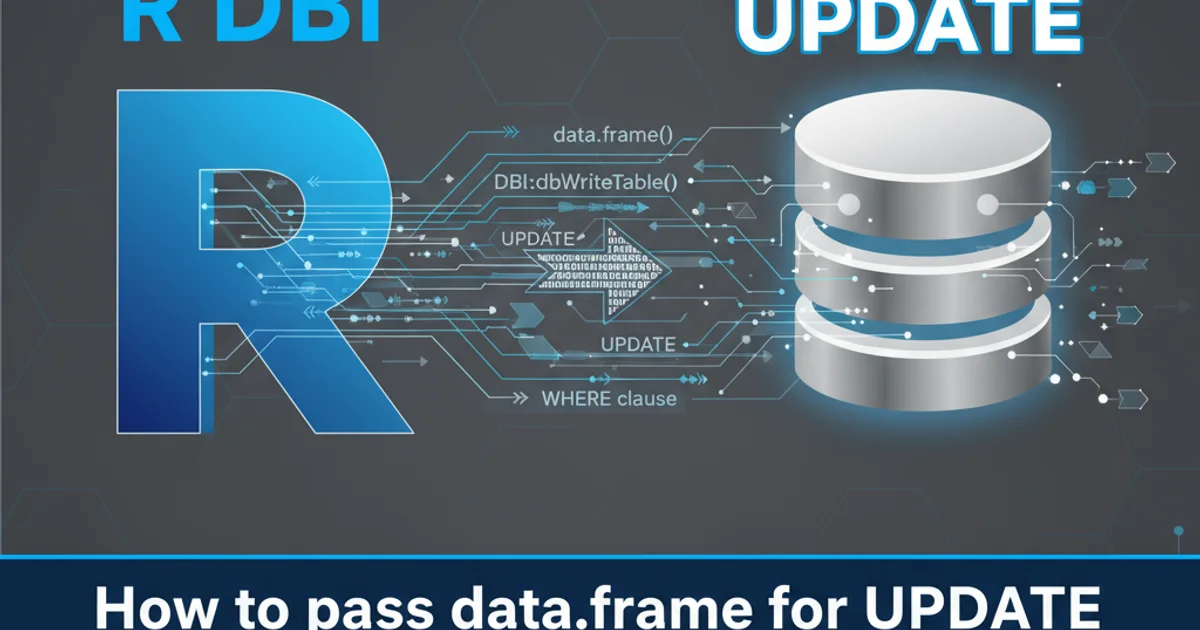How to find wordpress version of a site without logging into the admin panel?
Categories:
How to Determine a WordPress Site's Version Without Admin Access

Discover various methods to identify the WordPress version of any website, even if you don't have login credentials to the admin panel. This guide covers techniques ranging from source code inspection to utilizing online tools.
Knowing the WordPress version of a website can be crucial for several reasons, including security assessments, compatibility checks, or simply understanding the technology stack. While logging into the admin dashboard provides this information directly, there are many scenarios where you might not have access. This article explores several effective methods to uncover a WordPress site's version from the outside.
Method 1: Inspecting the Page Source
The most common and often simplest way to find the WordPress version is by examining the website's source code. WordPress typically embeds version information in various places, primarily for theme and plugin compatibility, and sometimes for debugging. This information is usually found in meta tags or within CSS/JavaScript file paths.
1. Open the Website
Navigate to the WordPress website you want to inspect in your web browser.
2. View Page Source
Right-click anywhere on the page and select 'View Page Source' (or 'Inspect Element' and then navigate to the 'Elements' tab). This will open the browser's developer tools, displaying the HTML source code.
3. Search for Version Information
Use the search function (Ctrl+F or Cmd+F) within the source code viewer to look for keywords like generator, WordPress, or version=. You'll often find a meta tag similar to the one below, or version numbers appended to CSS/JS file URLs.
<meta name="generator" content="WordPress 6.3.1" />
Example of a meta tag revealing the WordPress version.
Method 2: Checking readme.html and license.txt Files
WordPress installations typically include a readme.html file and a license.txt file in the root directory. These files often contain the exact WordPress version number. While some administrators remove or restrict access to these files, they are publicly accessible by default.
1. Access readme.html
Append /readme.html to the website's URL (e.g., https://example.com/readme.html). If accessible, this page will display the WordPress version prominently.
2. Access license.txt
If readme.html is not found or doesn't show the version, try /license.txt (e.g., https://example.com/license.txt). The version number is usually at the top of this file.
WordPress
Version 6.3.1
License: GNU General Public License v2 or later
License URI: http://wordpress.org/license/
Excerpt from a typical license.txt file showing the WordPress version.
readme.html and license.txt can be blocked by server configurations or security plugins. If you encounter a 403 Forbidden or 404 Not Found error, this method won't work.Method 3: Analyzing RSS Feeds
WordPress RSS feeds often include version information within the XML structure. This is another less common but sometimes effective way to determine the version, especially if other methods are blocked.
1. Locate the RSS Feed
Most WordPress sites have an RSS feed accessible at /feed/ (e.g., https://example.com/feed/). Navigate to this URL.
2. Inspect Feed Source
View the source code of the RSS feed (right-click -> 'View Page Source'). Search for the <generator> tag. It typically contains the WordPress version.
<generator>https://wordpress.org/?v=6.3.1</generator>
Example of the <generator> tag in a WordPress RSS feed.
Method 4: Using Online Tools and Browser Extensions
Several online tools and browser extensions are designed to detect the CMS and version of a website. These tools automate the process of checking various indicators, making it a quick and easy option.
flowchart TD
A[Start: User wants WP Version] --> B{Access to Admin Panel?}
B -- No --> C[Inspect Page Source]
C --> D{Found 'generator' meta tag or version in asset URLs?}
D -- Yes --> E[Version Found]
D -- No --> F[Check readme.html / license.txt]
F --> G{Files accessible and contain version?}
G -- Yes --> E
G -- No --> H[Analyze RSS Feed]
H --> I{Found 'generator' tag in feed?}
I -- Yes --> E
I -- No --> J[Use Online Detectors / Browser Extensions]
J --> K{Tool identified version?}
K -- Yes --> E
K -- No --> L[Version Undetermined / Hidden]
E --> M[End]
L --> MDecision flow for determining WordPress version without admin access.
Popular tools include:
- WhatCMS.org: A simple online tool where you enter a URL and it attempts to detect the CMS and version.
- Wappalyzer (Browser Extension): This extension analyzes the technologies used on a website as you browse, often including the WordPress version.
- BuiltWith.com: Offers detailed insights into a website's technology stack, including CMS and version.